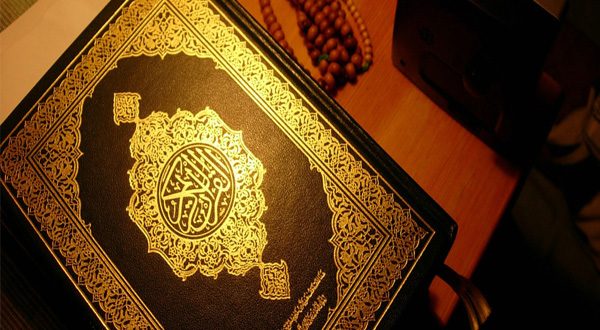LONDON: A manuscript found in a university archive could be one of the world’s oldest fragments of the Quran, experts said Wednesday after it was dated using radiocarbon analysis.
A Qur’an manuscript held by the University of Birmingham has been placed among the oldest in the world thanks to modern scientific methods.
Radiocarbon analysis has dated the parchment on which the text is written to the period between AD 568 and 645 with 95.4% accuracy.
The test was carried out in a laboratory at the University of Oxford.
The result places the leaves close to the time of the Prophet Muhammad (PBUH) who is generally thought to have lived between AD 570 and 632.
The Qur’an manuscript is part of the University’s Mingana Collection of Middle Eastern manuscripts, held in the Cadbury Research Library.
Funded by Quaker philanthropist Edward Cadbury, the collection was acquired to raise the status of Birmingham as an intellectual centre for religious studies and attract prominent theological scholars.
Consisting of two parchment leaves, the Qur’an manuscript contains parts of Suras (chapters) 18 to 20, written with ink in an early form of Arabic script known as Hijazi.
For many years, the manuscript had been misbound with leaves of a similar Qur’an manuscript, which is datable to the late seventh century.
The Qur’an manuscript will be on public display at the Barber Institute of Fine Arts, University of Birmingham, from Friday 2 October until Sunday 25 October.






